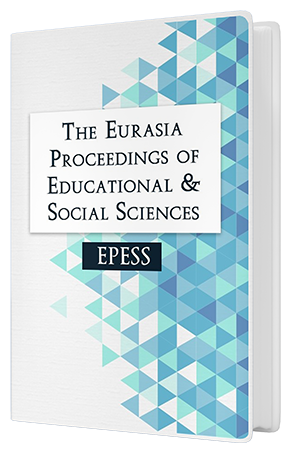DOES SHADOW EDUCATION AGGRAVATE INEQUALITY OF EDUCATIONAL OUTCOMES
Keywords:
Shadow Education, Inequality of educational outcomes, PISA, RPSMAbstract
The “shadow education” system of private supplementary tutoring has become quite common in East Asian countries nowadays. Based on the data of Programme for International Student Assessment 2012 (PISA 2012), the paper analyzes the influence of shadow education on the mathematical literacy of students of Shanghai, Hong Kong, Japan and Korea by means of a hierarchical linear model, and estimates the net effect of shadow education using the method of reweighting on propensity score matching (RPSM). The following findings are obtained from the study: First, supplementary math tutoring has a significant positive effect on the math score of students, and such an effect is more obvious on Japanese and Korean students than on Hong Kong and Shanghai students; second, supplementary math tutoring and supplementary science tutoring complement each other; and third, attending supplementary math tutoring may narrow the gap between students in learning performance that is caused by the difference in their families’ economic, social and cultural status (ESCS), thus promoting the equality of educational outcomes. Therefore, governments and schools are advised to provide necessary opportunities of supplementary tutoring for low-capacity students from low-income families and waive their tuition fees; large-sized extracurricular education groups should be encouraged to establish after-school learning funds and/or incentive funds for students from poor families and grant fee remissions to those from ultra-low income families, so as to create a situation where the government, the school and the society jointly promote the equality of educational outcomes in the stage of compulsory education.Downloads
Published
Issue
Section
License
Copyright (c) 2016 The Eurasia Proceedings of Educational and Social Sciences

This work is licensed under a Creative Commons Attribution-NonCommercial-ShareAlike 4.0 International License.
The articles may be used for research, teaching, and private study purposes. Any substantial or systematic reproduction, redistribution, reselling, loan, sub-licensing, systematic supply, or distribution in any form to anyone is expressly forbidden. Authors alone are responsible for the contents of their articles. The journal owns the copyright of the articles. The publisher shall not be liable for any loss, actions, claims, proceedings, demand, or costs or damages whatsoever or howsoever caused arising directly or indirectly in connection with or arising out of the use of the research material. All authors are requested to disclose any actual or potential conflict of interest including any financial, personal or other relationships with other people or organizations regarding the submitted work.




